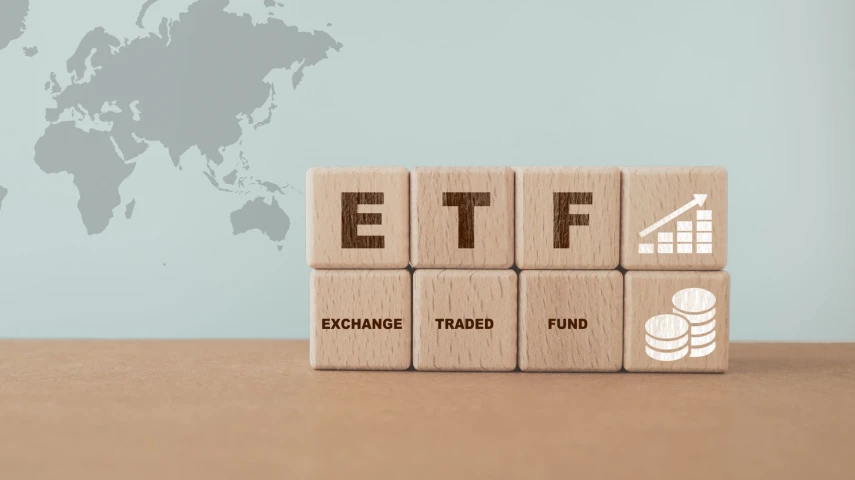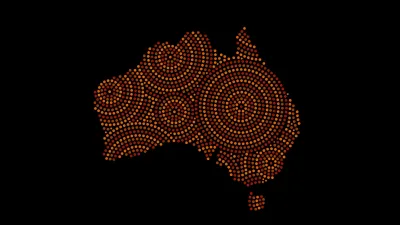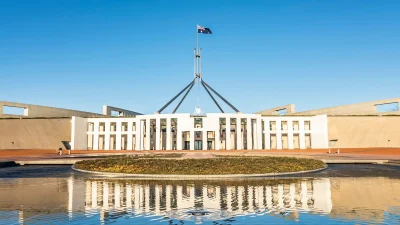Material risk observed in sustainable ETF selection


The confusion around what classes as “sustainable” can lead to large fund performance differentials depending on an adviser’s selection, according to Scientific Beta.
A study by the firm of sustainable index funds investing in US equity markets titled, From ESG Confusion to Return Dispersion: Fund Selection Risk is a Material Issue for ESG Investors, found significant annual return differentials between funds.
To obtain a suitable cross-section of sustainable ETFs, it selected those which limited their investment universe to US equities, incorporated ESG information passively into their construction process and did not explicitly tilt towards possible alternative performance drivers such as factors and sectors.
Although all funds surveyed had a sustainability tilt, the organisation said there was actually “very little commonality” between the funds even though they were all passive and therefore unaffected by manager skill.
Much of this is caused by the lack of consistency around what classes as a sustainable fund or what they should invest in as well as the lack of defined guidelines. This means funds can be taking vastly different approaches to their investment selection and how they integrate ESG information.
“Our findings reveal substantial performance disparities in the cross-section of these ESG funds. Over a six-year period, the difference in annualised returns between the best and worst ESG funds is 6.5 per cent when adjusting for differences in market exposure. When removing effects due to differences in industry exposure, the difference remains high with 4.9 per cent.
“Over single years, the dispersion can be even more dramatic, reaching a maximum of 22.5 per cent in terms of returns adjusted for market exposures, and 25.3 per cent in terms of industry-adjusted returns.”
This large differential, especially in single years, means it can be difficult for advisers to rely on past performance or tracking error as indicators of potential future performance.
“We find no evidence of performance persistence, meaning that sustainable ETFs that were the best performers in the past do not continue to be the best in the future. Only a minority of the sustainable ETFs in the top quintile of past performance are also in the top quintile of future performance. Moreover, the difference in the performance (performance spread) between the sustainable ETFs in the top and the bottom quintile portfolios based on past performance is statistically indistinguishable from zero.
“Investors need to be aware that fund selection risk is a material issue for sustainable investment strategies,” it concluded.
Recommended for you
T. Rowe Price believes Australian growth is successfully managing to shrug off consumer weakness, but the firm’s multi-asset team is not yet positive enough to increase its underweight position.
Iress has issued an update denying the validity of “certain statements” made by an alleged threat actor, following a cyber incident last weekend.
The latest budget papers have outlined a $10 million provision for ASIC greenwashing enforcement activity as well as funds for a sustainable labelling regime to be partially met by industry levies.
Betashares has expanded its fixed income solutions with the launch of a new ETF offering exposure to subordinated bonds issued by the big four Australian banks.
















Add new comment